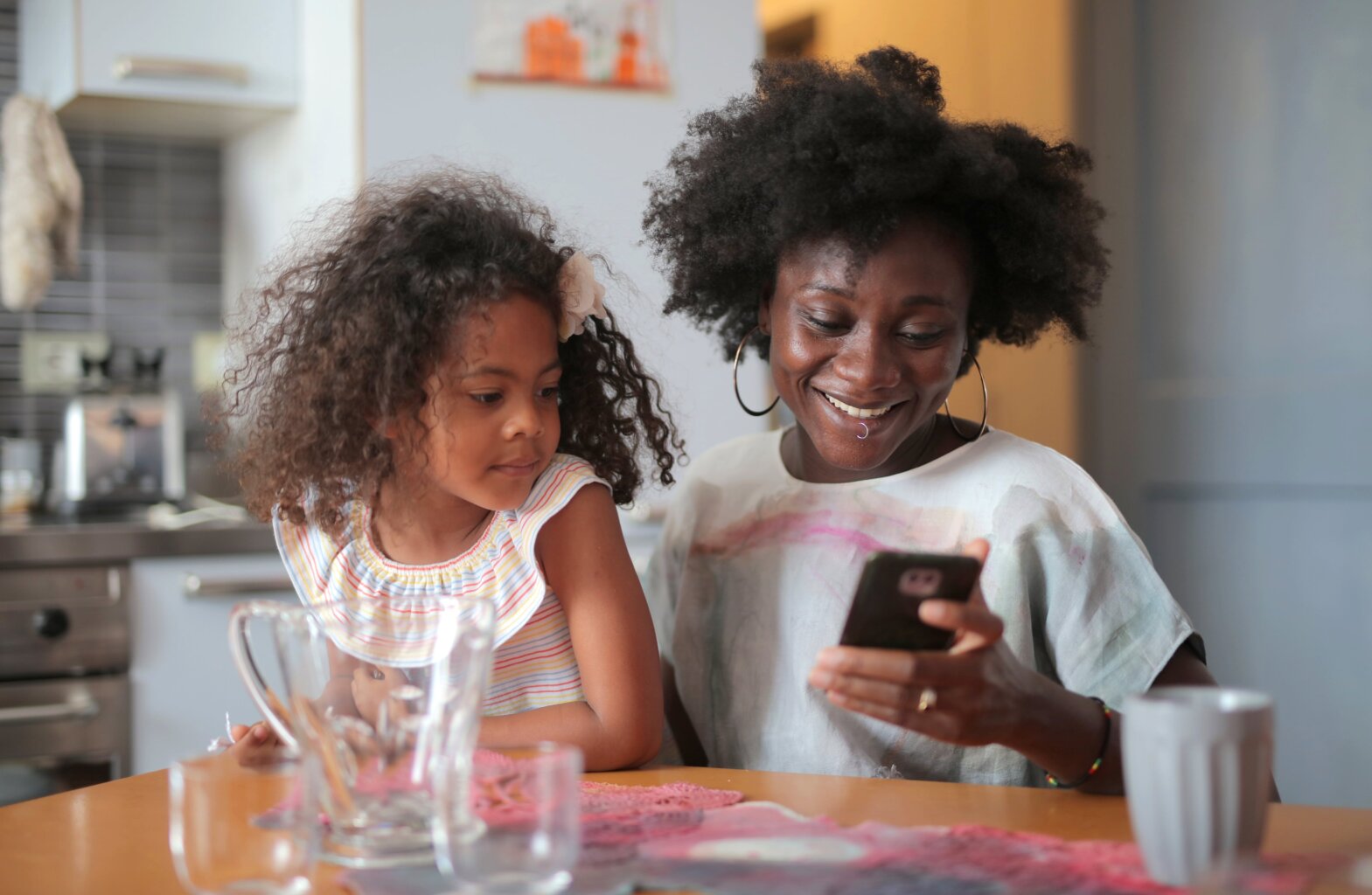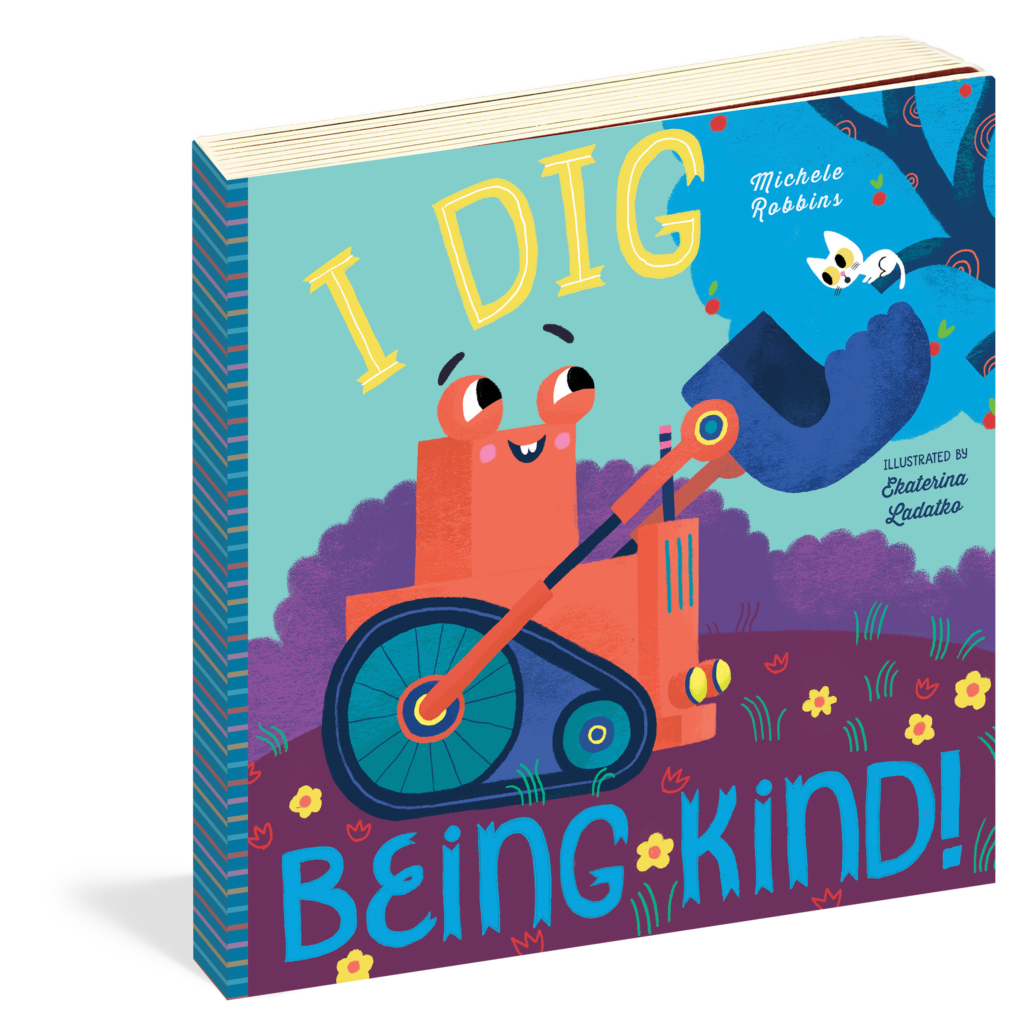
17 Ways to Be Kind on Social Media
People can be mean online. But you can teach your kid to be kind on social media and navigate cyberbullying with these 17 tips.
Introducing your child to social media can be a lot like letting them walk to school alone for the first time:
Don’t talk to strangers. Don’t go down a dark alley alone. Keep your phone in hand and be ready to call for help.
Except these safety rules don’t always apply to social media. For example, a lot of social media platforms encourage kids to talk to and make friends with online strangers. To be fair, this is far safer within the confines of social media, and you can teach precautions so that your child doesn’t give away important information to harmful sources.
However, there is one concern that these safety rules can’t always account for: cyberbullying.
Social media is rife with negative content and hurtful words. So how can you teach your child to navigate social media with empathy and be a source of kindness?
These 17 tips will make it easy for your child to be kind on social media.
1. Use Positive Language
Kind words and phrases contribute to improved well-being and a more positive online atmosphere. Encourage kids to choose their words carefully and avoid using hurtful or offensive language.
2. Think Before Posting
Teach children to take a moment before hitting the “post” button. Ask them to reflect on their posts and consider the potential impact on others. Encourage them to ask themselves if their content could be hurtful or offensive to anyone, and if so, to reconsider or rephrase it. If they’re not sure, remind them that they can always come to you for help.
3. Empathize
Explain to kids what empathy means, and encourage them to consider how their words or actions might make others feel. When they interact online, ask them to think about the emotions of the people they’re communicating with.
4. Respect Different Opinions
Emphasize that it’s perfectly normal for people to have different opinions and perspectives. Encourage children to respect those differences and engage in respectful discussions rather than arguing or resorting to insults. After all, there’s always something you can learn, even from those you don’t agree with.
5. Online Privacy
Teach kids the importance of online privacy and the risks associated with sharing personal information. Stress the rule of not interacting with strangers and the significance of not sharing personal details on social media.
6. Share Positive Content
Sometimes being kind on social media is as simple as posting positive content. Encourage children to share content that inspires and uplifts. They can post motivational quotes, stories of kindness, or images that promote positivity.
7. Report Cyberbullying
Make sure kids know how to report cyberbullying or any harmful behavior they witness. Encourage them to speak to a trusted adult if they encounter cyberbullying, and let them know it’s not something they should handle alone.
8. Avoid Trolling
Explain the concept of trolling, where people make provocative comments to incite anger or controversy. Discourage kids from engaging in that behavior and from engaging with those who do. Instead, teach them to promote constructive, respectful discussions and to report any trolls.
9. Engage with Gratitude
Show appreciation for the content you find valuable. Like, comment, and share content that you enjoy or that aligns with your values. This is a great way to uplift those who posted and to share their kindness with others.
10. Respect Privacy Settings
Teach kids to manage their social media privacy settings to control who can view their posts and interact with them. This helps protect their personal information and maintain a sense of security online. It’s also just as important to respect other people’s privacy choices, which is another form of kindness.
11. Show Support
Encourage kids to offer support and encouragement to others, especially when they come across someone who is struggling or in distress. A kind and empathetic message can make a big difference to someone in need.
12. Limit Screen Time
While being kind on social media is fun, the longer your child spends online, the harder it is to find positive content and be consistently kind. Promote a balance between online and offline activities. Encourage kids to set limits on their screen time and engage in other interests like hobbies, sports, or spending time with friends and family. This is a kindness to themselves but also a kindness to their offline friends.
13. Be Mindful of Timing
Teach kids to be considerate of the timing of their messages, respecting time zones and daily routines. Avoid sending messages or notifications at inappropriate times. (Also keep in mind that the content of those should fall under the “think before you post” rule too.)
14. Avoid Drama
Discourage kids from getting involved in online drama or negative discussions. Emphasize the importance of focusing on positive and constructive interactions and not getting caught up in conflicts.
15. Educate Others
If your child comes across misinformation or misunderstandings online, encourage them to kindly and respectfully provide accurate information and sources to help educate others and promote factual discussions. Mistakes and misunderstandings are no reason to get angry.
16. Seek Help
If your child does come across negativity online, they shouldn’t let those unpleasant emotions fester. Seeking help is a way for them to be kind to themselves and to make sure that social media has one more kind person making the environment better. Make sure kids know that if they encounter or witness online conflicts or bullying, they can seek help from trusted adults, such as parents, teachers, or school counselors. And be sure to encourage open communication about their online experiences.
17. Apologize When Necessary
Teach kids the importance of apologizing when they make a mistake or hurt someone online. Acknowledging and rectifying their actions promptly demonstrates maturity, accountability, and kindness.
Just Because Your Child Is Kind Doesn’t Mean That Others Will Be
Even if your child follows all of these tips and creates a kind, pleasant environment on social media, they could still face cyberbullying. This is not their fault and is an unfortunate byproduct of social media and others’ mental health. If you notice that any of the signs and following symptoms are impacting your child’s daily life and well-being, then consider seeking professional help:
- Emotional Distress
- Avoidance of Devices
- Changes in Behavior
- Sleep Disturbances
- Drop in Academic Performance
- Social Isolation
- Change in Friendships
- Secretive Behavior
- Low Self-Esteem
- Physical Symptoms
- Self-Harm or Suicidal Thoughts
- Receiving Hurtful Messages
- Inappropriate Posts or Images
- Impersonation
- Exclusion from Online Groups
- Changes in Online Behavior
- Unexplained Financial Loss
Books That Help Raise Kind Kids

1001 Ways to Be Kind

I Can Be Kind Like Mother Teresa

I Dig Being Kind
Shaelyn Topolovec earned a BA in editing and publishing from BYU, worked on several online publications, and joined the Familius family. Shae is currently an editor and copywriter who lives in California’s Central Valley.
